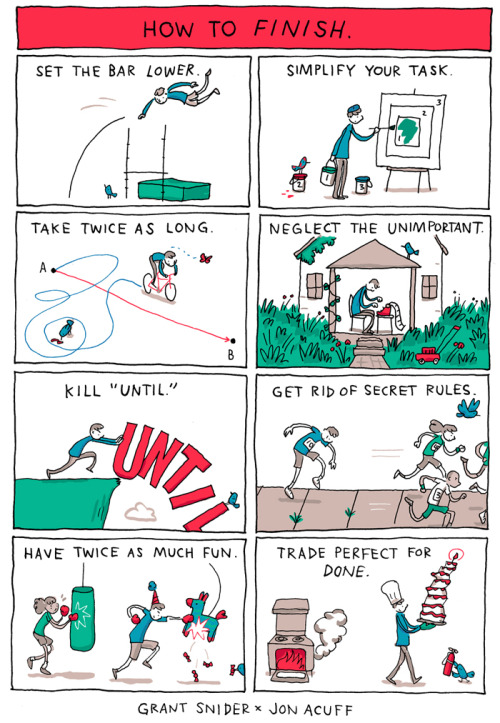
The good, the bad and the ugly - Follow along on my journey to finish writing a story I've tried to finish for years
19 posts
I Feel Like I'm Finally At That Point Where I Can Begin To Show My Closest Friends The First Part Of
I feel like I'm finally at that point where I can begin to show my closest friends the first part of my work, it just needs a little more love.
I'm trying to treat it like a college essay and printed it out on paper, because I sure can't seem to focus on it enough when it's on the screen.
If this works it's going to help me so fucking much in the future, too 🙏
-
 beepboop-87caw liked this · 1 year ago
beepboop-87caw liked this · 1 year ago -
 molnteatern reblogged this · 1 year ago
molnteatern reblogged this · 1 year ago -
 molnteatern liked this · 1 year ago
molnteatern liked this · 1 year ago
More Posts from Thetrieracompany

Fiction often imitates real life situations. In fact, fiction is a great way to explore and raise awareness about real things.
It's not inherently disrespectful to show real things in fiction, or comparing between fiction and real life. It's all about how you go about it.
If only I could write as easily at home as I do at work!
I suppose the advantage of having several writing projects at the same time is that at least I can procastinate project C by writing on project D only to the next day procastinate D by working on B 🤡
The disadvantage, of course, being that nothing will be finished this side of the millenia

How to Finish
I drew this poster for Jon Acuff and his FINISH book tour. Big thanks to Jon for this collaboration, his book has some great ideas about how to complete creative and life goals.
I have … a tip.
If you’re writing something that involves an aspect of life that you have not experienced, you obviously have to do research on it. You have to find other examples of it in order to accurately incorporate it into your story realistically.
But don’t just look at professional write ups. Don’t stop at wikepedia or webMD. Look up first person accounts.
I wrote a fic once where a character has frequent seizures. Naturally, I was all over the wikipedia page for seizures, the related pages, other medical websites, etc.
But I also looked at Yahoo asks where people where asking more obscure questions, sometimes asked by people who were experiencing seizures, sometimes answered by people who have had seizures.
I looked to YouTube. Found a few individual videos of people detailing how their seizures usually played out. So found a few channels that were mostly dedicated to displaying the daily habits of someone who was epileptic.
I looked at blogs and articles written by people who have had seizures regularly for as long as they can remember. But I also read the frantic posts from people who were newly diagnosed or had only had one and were worried about another.
When I wrote that fic, I got a comment from someone saying that I had touched upon aspects of movement disorders that they had never seen portrayed in media and that they had found representation in my art that they just never had before. And I think it’s because of the details. The little things.
The wiki page for seizures tells you the technicalities of it all, the terminology. It tells you what can cause them and what the symptoms are. It tells you how to deal with them, how to prevent them.
But it doesn’t tell you how some people with seizures are wary of holding sharp objects or hot liquids. It doesn’t tell you how epileptics feel when they’ve just found out that they’re prone to fits. It doesn’t tell you how their friends and family react to the news.
This applies to any and all writing. And any and all subjects. Disabilities. Sexualities. Ethnicities. Cultures. Professions. Hobbies. Traumas. If you haven’t experienced something first hand, talk to people that have. Listen to people that have. Don’t stop at the scholarly sources. They don’t always have all that you need.